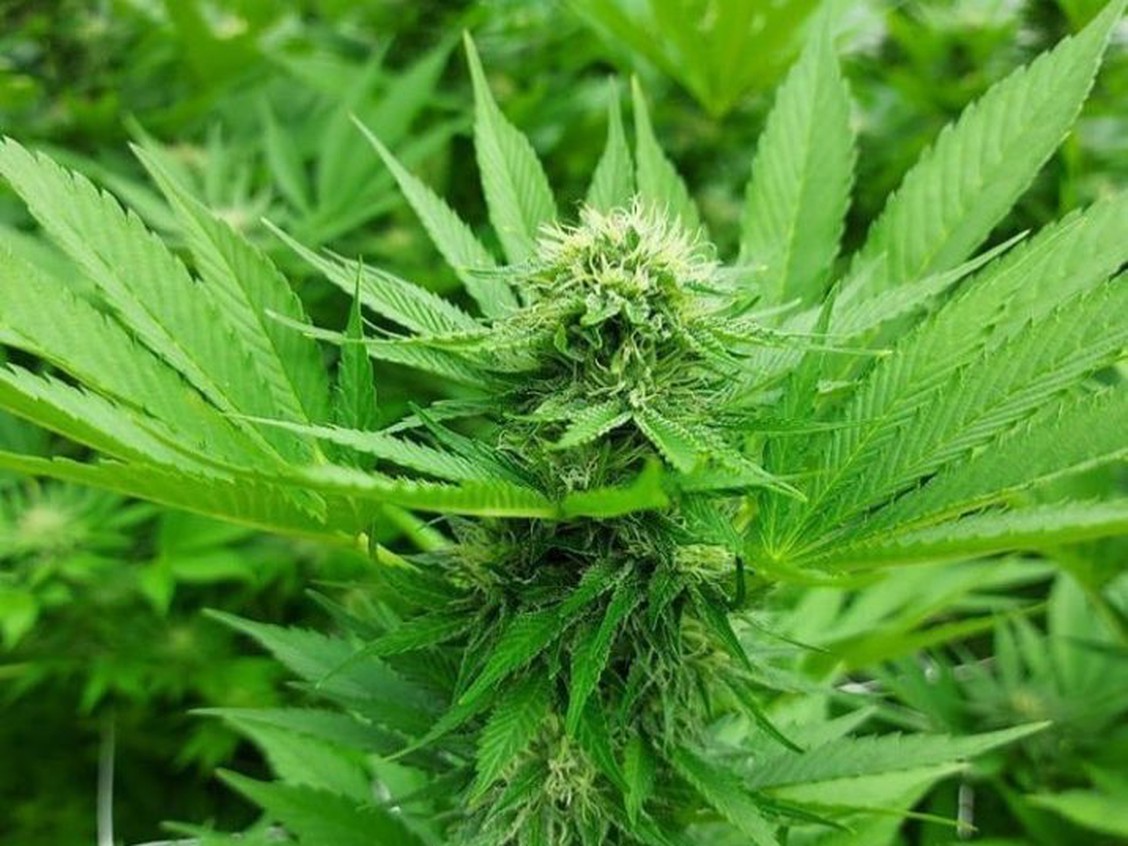You are here
Home 🌿 Medical Cannabis News 🌿 Treating dementia with cannabis: What patients and caregivers should know 🌿Treating dementia with cannabis: What patients and caregivers should know

For anyone going through the aging process, the thought of forgetting their life or precious memories associated with loves ones can be debilitating. But new studies on dementia and Alzheimer’s disease (AD) are finding surprising new ways to raise quality-of-life in the later years and what medicines can help patients experiencing the debilitating disease — right now.
In a 2015 study, researchers in the Czech Republic found that while dementia and Alzheimer’s do have a link, there was another stage in the process that was a precursor to memory loss: mild cognitive impairment (MCI) found to be a “boundary area between normal aging and dementia,” the stage before memory loss could hold the key to the development of the disease.
Even more interesting, while cannabis and CBD were both being studied for Alzheimer’s disease, a 2020 study on dementia and cannabis opened the door to more knowledge. Lakewood Medical Health Clinic, a holistic medical marijuana practice located in Ohio, shared that, “In recent years, researchers have begun to study how medical marijuana could be used to treat Alzheimer’s and dementia. While more research is needed, there are some promising results indicating that patients affected by these two conditions may benefit from using medical cannabis.”
A 2019 study, published in the American Journal of Geriatric Psychiatry, found during a 14-week randomized double-blind crossover trial, nabilone, (a synthetic form of THC) had a positive effect on the patients, paving the way for more studies to occur, including a 168-individual study which is already underway by study author Dr. Lanctot, who stated: “Nabilone treatment was associated with a clinically and statistically significant reduction in agitation over six weeks, compared to the six weeks on placebo.”
Last year, The Fresh Toast shared how CBD can boost memory function, proven in a study published in the Journal of Psychopharmacology. An April 2020 study, published in the The American Journal of Clinical Nutrition, found that higher flavonoids (often found in berries, tea and apples) had a direct effect on lowering the risk of memory-loss disease.
Where is dementia and THC research going? With studies like this one from Canada, the sky is proving to be the limit.
420 Intel is Your Source for Marijuana News
420 Intel Canada is your leading news source for the Canadian cannabis industry. Get the latest updates on Canadian cannabis stocks and developments on how Canada continues to be a major player in the worldwide recreational and medical cannabis industry.
420 Intel Canada is the Canadian Industry news outlet that will keep you updated on how these Canadian developments in recreational and medical marijuana will impact the country and the world. Our commitment is to bring you the most important cannabis news stories from across Canada every day of the week.
Marijuana industry news is a constant endeavor with new developments each day. For marijuana news across the True North, 420 Intel Canada promises to bring you quality, Canadian, cannabis industry news.
You can get 420 Intel news delivered directly to your inbox by signing up for our daily marijuana news, ensuring you’re always kept up to date on the ever-changing cannabis industry. To stay even better informed about marijuana legalization news follow us on Twitter, Facebook and LinkedIn.




